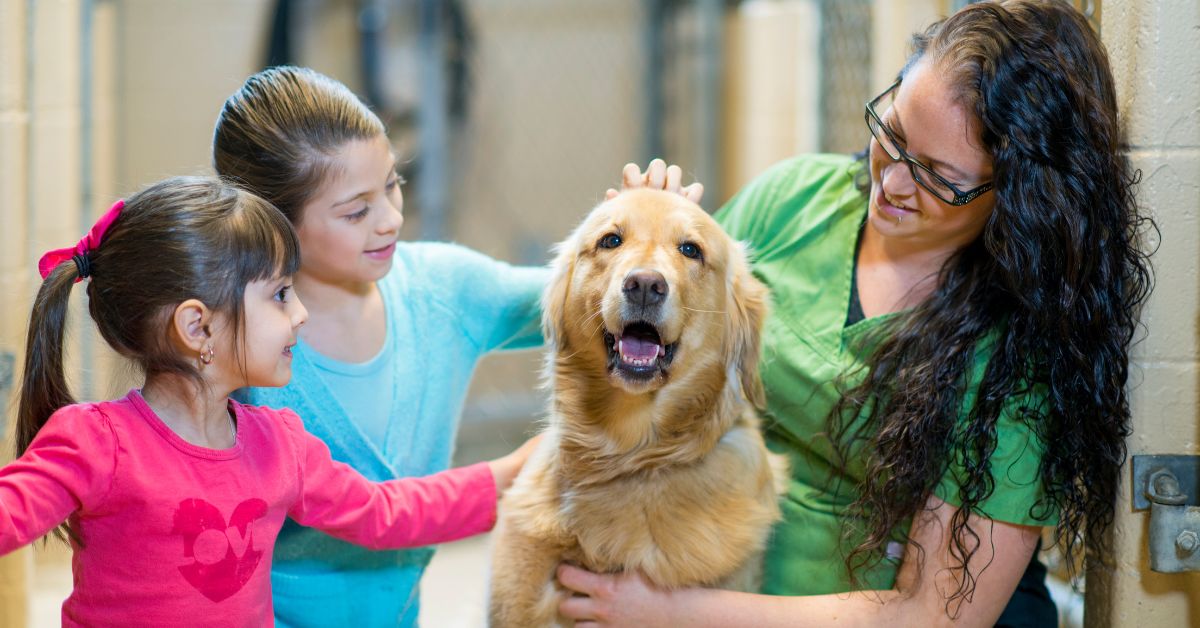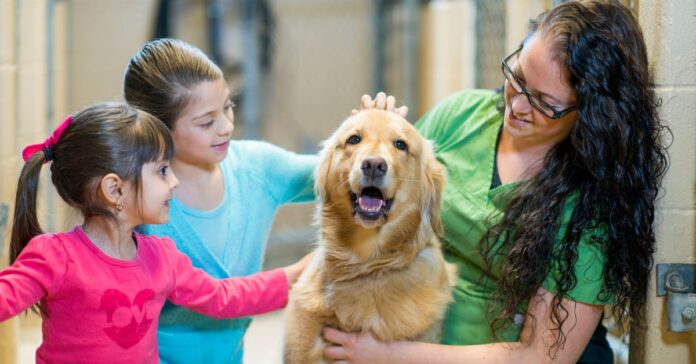
Adopting a pet is a life-changing decision that requires careful consideration and preparation. In 2024, as the pet adoption landscape continues to evolve, it’s crucial for prospective pet parents to be well-informed before bringing a new furry, feathered, or scaly friend into their home. This guide will cover the key factors to consider and provide essential resources to help you make the best decision for both you and your future pet.
1. Assess Your Lifestyle and Readiness
Before adopting a pet, evaluate your current lifestyle and readiness for pet ownership. Pets require time, attention, and financial resources, and it’s important to ensure that you can meet these needs.
1.1 Time Commitment Different pets have varying time requirements. Dogs, for example, need regular exercise, training, and social interaction, while cats are generally more independent. Consider your daily schedule and how much time you can dedicate to a pet’s needs.
1.2 Financial Considerations Pets come with financial responsibilities including food, grooming, veterinary care, and unexpected medical expenses. Ensure that you have the budget to cover these costs. According to the American Kennel Club, the average cost of owning a dog is approximately $1,000 to $2,000 per year.
1.3 Long-Term Commitment Pets can live for many years, so it’s essential to think about your long-term plans. Ensure that you’re ready for a commitment that could last well over a decade.
2. Choose the Right Pet for Your Home
Selecting the right type of pet for your home and lifestyle is crucial. Each type of pet has unique needs and characteristics.
2.1 Dogs Dogs are highly social animals that require daily exercise, training, and companionship. Research breeds to find one that matches your activity level and living situation. For example, active individuals might enjoy a high-energy breed like a Border Collie, while those with a quieter lifestyle might prefer a more relaxed breed like a Bulldog.
2.2 Cats Cats are more self-sufficient but still need attention, playtime, and proper care. Consider factors such as your ability to provide a stimulating environment and your preference for a cat that is more or less independent.
2.3 Small Animals Small animals like hamsters, guinea pigs, and rabbits can be great options for those with limited space or time. However, they still require specific care, including appropriate housing and diet.
2.4 Exotic Pets Exotic pets like reptiles, birds, and fish require specialized care and equipment. Ensure you are knowledgeable about their specific needs before adopting.
3. Prepare Your Home
Creating a pet-friendly environment is key to ensuring your new pet’s comfort and safety.
3.1 Pet-Proof Your Home Remove hazards such as toxic plants, small objects that could be swallowed, and electrical cords. Ensure that your home is safe for your pet’s size and breed.
3.2 Create a Comfortable Space Set up a designated area for your pet with essentials such as bedding, food, water, and toys. For dogs, a crate or bed in a quiet area can provide a sense of security. For cats, a scratching post and a litter box are essential.
3.3 Stock Up on Supplies Before bringing your pet home, purchase the necessary supplies including food, grooming tools, and toys. For dogs, consider items like leashes, collars, and training aids. For cats, stock up on litter and a scratching post.
4. Research and Select a Reputable Shelter or Rescue
Finding a reputable shelter or rescue organization is crucial to ensuring that you adopt a healthy and well-adjusted pet.
4.1 Check for Accreditation Look for shelters and rescues that are accredited by organizations such as the American Society for the Prevention of Cruelty to Animals (ASPCA) or the Humane Society. Accreditation ensures that the organization meets high standards of animal care.
4.2 Ask About the Pet’s History Inquire about the pet’s health, behavior, and any previous experiences. Reputable shelters will provide detailed information about the pet’s background and medical history.
4.3 Meet the Pet Spend time interacting with the pet before adopting. This will help you gauge their personality and ensure that they are a good fit for your family.
5. Understand the Adoption Process
Each shelter or rescue organization may have its own adoption process. Be prepared for the following steps:
5.1 Application and Interview You may need to complete an adoption application and participate in an interview process. This helps the organization assess your suitability as a pet parent.
5.2 Home Visit Some organizations conduct home visits to ensure that your home is safe and suitable for the pet.
5.3 Adoption Fee Most shelters and rescues charge an adoption fee to cover the cost of caring for the pet. This fee often includes vaccinations, spaying or neutering, and sometimes microchipping.
6. Plan for a Smooth Transition
Helping your new pet adjust to their new home is crucial for their well-being and your relationship with them.
6.1 Gradual Introduction Introduce your pet to their new environment gradually. Allow them time to explore and adjust to their new surroundings at their own pace.
6.2 Establish a Routine Establish a consistent routine for feeding, exercise, and training. This helps your pet feel secure and understand what to expect each day.
6.3 Monitor Health and Behavior Keep an eye on your pet’s health and behavior. Schedule a visit to the veterinarian shortly after adoption to ensure that they are healthy and to address any concerns.
7. Utilize Available Resources
There are many resources available to help new pet parents.
7.1 Online Communities Join online forums and social media groups for pet owners. These communities can provide support, advice, and information on pet care.
7.2 Training and Behavior Classes Consider enrolling your pet in training or behavior classes. These can help with socialization and address any behavioral issues.
7.3 Veterinary Care Establish a relationship with a local veterinarian. Regular check-ups and vaccinations are essential for maintaining your pet’s health.
Conclusion

Adopting a pet is a rewarding experience, but it requires careful preparation and commitment. By assessing your lifestyle, choosing the right pet, preparing your home, and understanding the adoption process, you can ensure a smooth transition for both you and your new pet. Utilize available resources and support to help you navigate the journey of pet ownership successfully.
Whether you’re bringing home a playful puppy, a curious kitten, or an exotic pet, remember that the key to a successful adoption is being well-informed and prepared. With the right approach, you’ll be ready to provide a loving and supportive home for your new furry or scaly family member in 2024.




